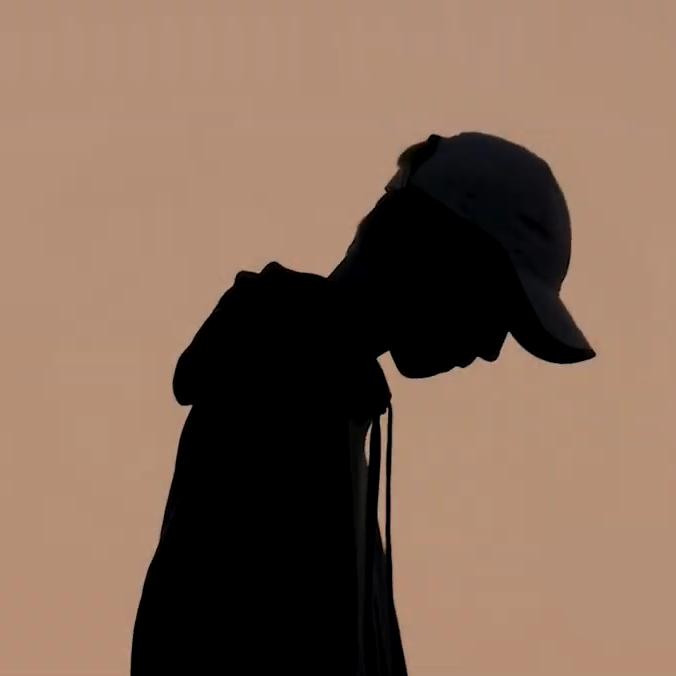
Black people are at a disproportionately high risk of going missing, yet often receive minimal attention in the media and public eye. During Black History Month, we want to spotlight some of the people and organisations that are working to challenge these disparities, and to continue making change so that others receive better responses in the future. We are proud to have worked with these organisations on research and campaigns, highlighting inequities and driving change.
Dominic Norton founded Missing Black People to advocate for more equal responses to missing people from Black communities and publicise their appeals.
Since 2021, we’ve partnered with Missing Black People on a range of campaigns and research specifically linked to the experiences of Black families and missing people.
Missing Black People have worked to drive change in local and national responses while ensuring that the cases of missing Black people get seen and prioritised.
Jahnine Davis founded Listen Up, a research organisation that works to highlight the experiences of Black and racialised children in child protection and safeguarding. They lead national discussions on adultification and offer support through research, training, evaluation, and consultation.
We have worked with ListenUp over recent years to publish a range of research into the experiences of Black missing people and their families. This partnership has allowed us to better understand the risks and barriers facing Black communities when someone goes missing.
Evidence Joel has been involved with Missing People after her son, Richard Okorogheye, went missing in 2021 and was tragically found deceased 10 days later. Evidence boldly spoke about racism she faced during the search for Richard.
Evidence has since partnered with Missing People, Missing Black People, and Listen Up to advocate for better police responses to missing ethnic minorities. She has made it her goal to ensure that no other family experiences the same lack of support and urgency that she did.
Together with our partners, we have published research:
Based on data from police forces and local authorities, this research found that people from minority ethnic groups were missing for longer, less likely to be found by the police, and less likely to be recorded as being at risk, than white people.
We also published two reviews after six months and one year, detailing the change and new research prompted by the report.
This report listened to the voices of children and young people, as well as parents of children who have been missing, to explore Black children and their families’ lived experiences of going missing. The aim was to try to understand better:
The key findings from this report were that Black children face higher risks of going missing due to exploitation, identity struggles, and systemic racism. They receive poorer professional responses, less media attention and are often stereotyped when they go missing. There is also a distinct distrust in services like police, which stems from lived experiences of racism and neglect.
You can learn more about our research and read the full reports below.
Information and researchThe work that families of missing people, us and our partner organisations are doing has exposed systemic issues in the response to Black missing people. These must be addressed. No one should be left unlooked for, or unsupported, when they go missing or report a loved one missing. We will continue to work alongside those with lived experience to drive change for others in the future.
Sign up for emails highlighting missing appeals, information on how to share the appeals, and more information about our work. It is free to join and you can unsubscribe at any time. Find out more.